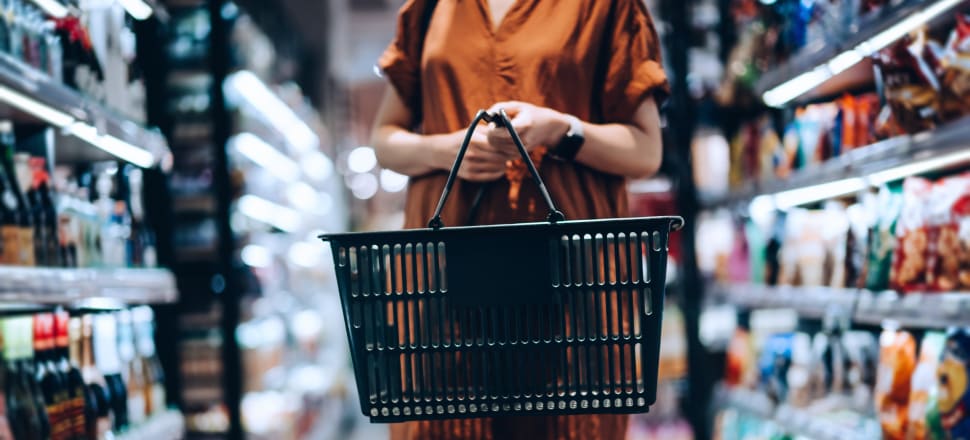
Evidence is piling up that the prevalence of our packaged food offerings is not just damaging our health, but shortening our lives.
Almost 70 percent of the packaged foods in our supermarkets are classed as ultra-processed - and in some food categories, nearly all products are.
They're high in salt, sugar, artificial flavours and colours, ingredients with numbers, not names; and often the methods used to produce them resemble nothing you'd do in your kitchen.
According to Consumer NZ, they're the latest nutritional baddie on the block.
Excess sodium consumption, in particular, is the top risk factor for an unhealthy diet, and the World Health Organisation says 1.8 million lives every year are claimed because of it. It is responsible for heart disease and strokes, and cancer - especially gastric cancer. New research suggests it also hastens dementia.
And according to a new WHO report, New Zealand has made little progress on the issue, despite signing up to a promise in 2013 to use policy measures to reduce the nation's salt intake by 30 percent. New Zealanders consume more than 70 percent more than the recommended maximum.
Our government is supposed to be nudging food manufacturers to change the formulations of their products and reduce sodium. But the WHO has given us a ranking of just two out of four in reaching that aim. Australia, a country with which we share food standards, also gets a two.
Consumer NZ research and test writer Belinda Castles says it's time the government stood up on the issue and put the health of New Zealanders first.
And that means standing up to the food lobby.
"There's been a lot of consultations recently with Food Standards Australia New Zealand," says Castles.
"Public health groups, consumer groups...we're really small, we don't have a lot of resources, so we're constantly battling with the food industry, which has obviously a lot more resources...it's pretty tough."
She says research is really starting to highlight that it's not just what's in a product, but how processed it is, that determines how bad it is when it comes to our health.
Because they also tend to come with multiple layers of packaging, they're also not great for the environment - there's also evidence they're addictive, and easy to over-eat.
"And ultra-processed foods do tend to be heavily marketed, especially to children," she says.
"You've got your brightly coloured cereal packets with cartoons and games on the back; you've got your lunchbox snacks which might have some collectables...really this marketing of junk food to children, we'd like to see some regulations."
Associate professor Rachael McLean, a public health physician at Otago University, says it's all very well pointy-headed academics saying 'Oh you've got to stop eating chicken nuggets and pre-prepared meals and pre-prepared sauces', but that's not the way people live their lives.
"People are busy, people are on low incomes, people have children that are either fussy eaters or are rushing out to football or various other things.
"The reality is that processed foods are part of our food supply, they're part of the way a lot of people eat - and we're not going to succeed if we tell everyone to cook everything from scratch and eat fresh fruit and vegetables three times a day. So we need to make sure they're as nutritious and safe as they possibly can be.
"That's where the government needs to take a lead in requiring the food industry to reformulate their products."
Get more detail on exactly what's in our packaged food, and what the dangers are, by listening to the full episode.
You can find out how to listen to and follow The Detail here.
You can also stay up-to-date by liking us on Facebook or following us on Twitter.








